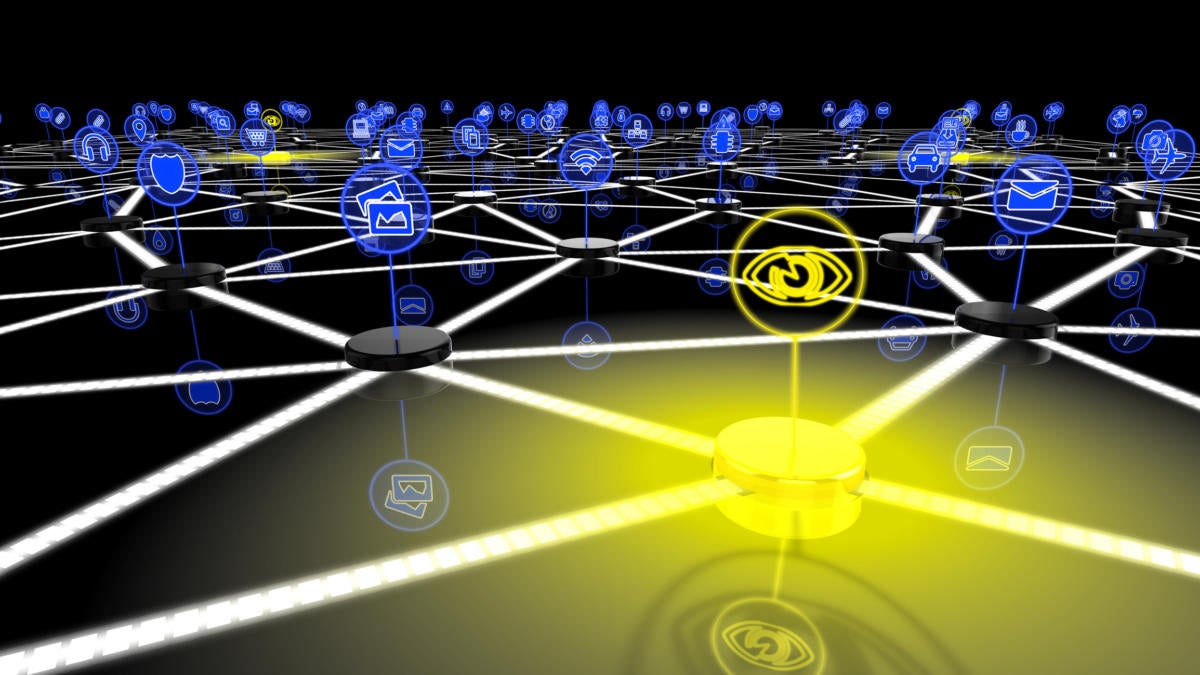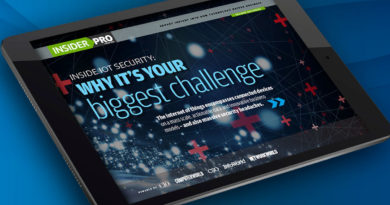Microsoft is buying CyberX to bolster its Azure IoT security

Microsoft has announced it will purchase the industrially focused network security vendor CyberX for an undisclosed sum in an effort to bolster the security capabilities of its Azure IoT platform.
The acquisition strikes at the heart of two key IIoT security pain points. While it’s comparatively easy to build new IoT devices that have all the necessary features for seamless security management, older devices running a wildly diverse range of different protocols, which may lack important features like the ability to be patched remotely, are a bigger challenge.
Moreover, the way IoT networks are deployed all too frequently means that operators don’t have a complete picture of what, precisely, is connected to and active on the network at any given time, which numerous experts cite as a potentially critical security vulnerability. How, after all, can you manage and secure something if you didn’t even know it was there?
Microsoft said that the CyberX acquisition will help address both of those issues, thanks to automated discovery and inbuilt familiarity with the complicated garden of different communications protocols used by IoT and ICS devices. The company’s key feature is the use of machine learning to identify, classify and monitor active devices on the network. This also allows CyberX to track behavior over time and identify when something unusual and potentially dangerous is happening.
“Gaining this visibility is not only critical for understanding where security risks may exist and then mitigating those risks, but it is also a fundamental step to securely enable smart manufacturing, smart grid and other digitization use cases across production facilities and the supply chain,” the company said in a blog announcing the deal.
Rumors have circulated for at least a month of the pending acquisition, and CyberX has already partnered with Microsoft to help boost security for Azure IoT. The Israeli cybersecurity firm raised about $48 million from investors, and boasts of major clients in the pharmaceutical, telecommunications, manufacturing and utility sectors.
Terms of the deal were not disclosed, although a preliminary report from the Haaretz news site last month about a possible deal suggested a valuation of around $165 million
READ MORE HERE



